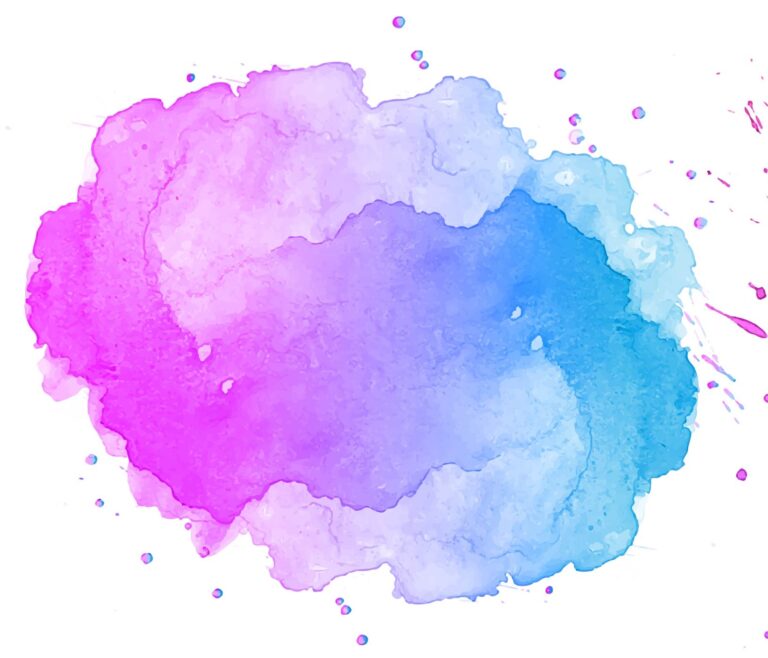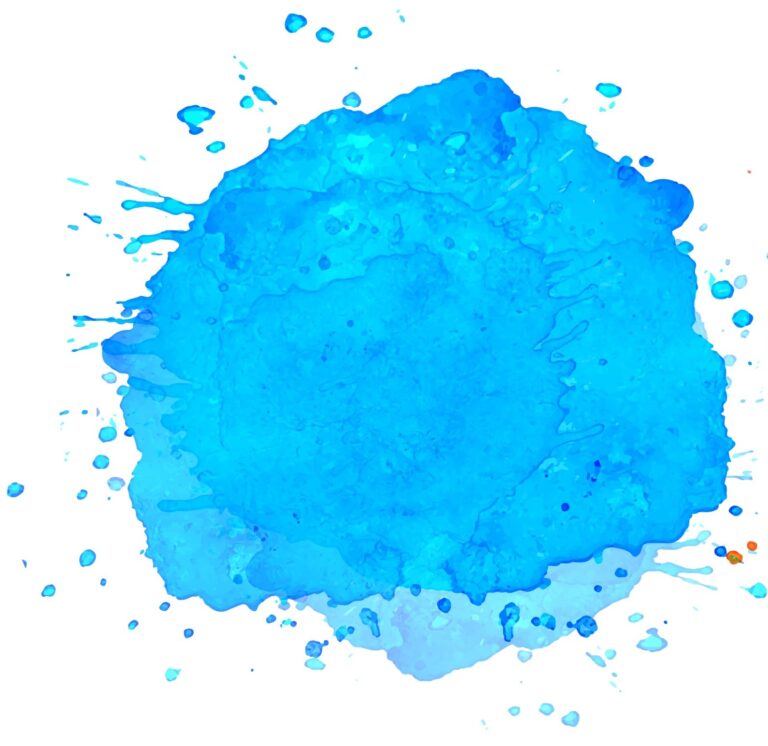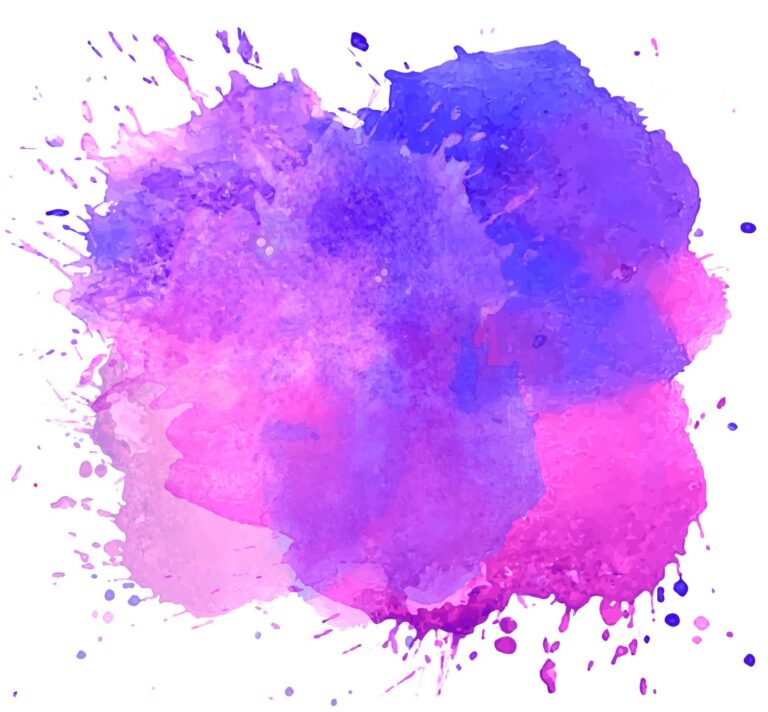Training for product teams
Product Discovery in practice
Training for teams aspiring to create better products. Participants will learn concrete Product Discovery techniques and tools, but most importantly, they will understand why and when to use them.
During the training, participants go through the key stages of Product Discovery, following the timeline and flow of a typical project. We start with formulating the product objective, proceed through the generation and verification of product opportunities, and end with prototype testing.
The training is led by two individuals – a Product Manager and a UX Researcher – providing participants with the opportunity to gain insight into both the business and product-oriented perspective, as well as the research perspective.
Product Discovery is a broad subject, so we customize the training program to match the context, needs, and knowledge of each specific team.
Details
Format:
- Remote or on-site training, 2 days, 6 hours each day.
- The training is interactive, consisting of practical exercises (using real case studies and numerous examples from our experience) with lecture elements.
For whom:
- Individuals involved in the development of digital products and services, individuals in roles such as Product Manager, Product Owner, UX Designer, UX Researcher, Tech Leader, Scrum Master, and Project Manager.
- Members of product teams interested in conducting independent research, for example, as part of the Continuous Product Discovery approach.
- Individuals managing UX, product, and technology departments.
Scope:
- The fundamentals and key stages of the Product Discovery process.
- How to formulate business goals in a meaningful way (outputs vs. outcomes)?
- How to create and verify product opportunities?
- How to create compelling product value propositions?
- How to formulate product hypotheses?
- How to use research and experiments in Product Discovery?
- How to conduct research independently and effectively delegate research tasks?
- How to correctly formulate research goals and so-called research questions?
- How to choose from a broad portfolio of research methods that will provide significant insights?
- How to work on solutions and test them with users?
- How to reconcile Product Discovery with continuous development
- Selected concepts, techniques, and tools: empathy maps, Jobs-to-Be-Done, Value Proposition Canvas, MVP, Continuous Product Discovery, Product Trio.
- Selected research methods: contextual and generative interviews, diaries, co-creation workshops, concept testing, usability testing, surveys.

Concept tests
Training for teams that have many ideas for product development and want to verify them more quickly before implementation, in order to select the best ones. The training will be particularly useful for those teams that do not have regular support from researchers.
During the training, we will gather ideas that typically come from various sources (customers, support department, product teams). We will turn them into product hypotheses and select those with the greatest potential for further work.
Next, we will select the best methods for their verification – experiments, user tests, or surveys. Participants will write a research brief, create a scenario, and conduct a study with users.
The training will be led by two people – a Product Manager and a UX Researcher – thus giving participants the opportunity to learn both the business-product perspective and the research perspective
Details
Format:
- Remote or on-site training, 1 day, 7 hours.
- The training follows an interactive format, consisting of practical exercises (utilizing real case studies and numerous examples from our experience) with lecture elements.
For whom:
- Training dedicated to teams that do not have permanent research support, for example, in startups.
- Members of product teams interested in conducting research, for example, as part of the Continuous Product Discovery approach.
The training does not require knowledge of research methods.
Scope:
- How to translate product ideas into product hypotheses?
- How to formulate research goals to gain knowledge that directly translates into product decisions?
- Whom to invite for the study to obtain accurate results?
- How and when to use experiments and surveys
- How to create scenarios for concept and usability tests?
- How to conduct research sessions to answer the most important questions without disrupting the user’s natural flow?
- What are the most common mistakes in research and how to avoid them?
- Remote and on-site research (tests).
- What effects to expect after the research?
- How to extract maximum knowledge from one study instead of conducting three separate studies?


Exploratory research
Training for teams that want to understand user needs (current or potential) and then directly translate them into informed product decisions.
During the training, we’ll walk through the research process that addresses a real product problem. We’ll define research objectives, select appropriate exploration methods, design tools, and, in the end, step into the role of researchers.
Participants will learn how to independently conduct or delegate exploratory research, providing us with actionable product knowledge.
Exploratory research is valuable when working on a strategy, planning product development, or aiming to create something entirely new.
Details
Format:
- Remote or on-site training, 2 days, 6 hours each day.
- The training follows an interactive format, consisting of practical exercises (utilizing real case studies and numerous examples from our experience) with lecture elements.
For whom:
- Individuals who work regularly in the development of digital products and services.
- Individuals in roles such as Product Manager, Product Owner, Project Manager, UX Designer, and UX Researcher.
- Members of product teams interested in conducting independent research, for example, within the framework of Continuous Product Discovery.
The training does not require prior knowledge of research.
Scope:
- At which stages in a product’s life and for what purpose should exploratory research be applied?
- How to properly formulate research objectives and so-called research questions?
- How to determine what knowledge we need from exploratory research to effectively support product development?
- How to select appropriate methods for exploratory research for a given problem?
- How to design research and prepare logistically?
- Which users to invite for exploratory research?
- How to create interview and concept test scenarios?
- How to moderate in-depth individual interviews (IDI’s)?
- How to moderate concept tests?
- What results to expect from different exploratory research methods?
- What are the most common mistakes in exploratory research and how to avoid them?
- How to present findings from exploratory research?
- Selected research methods: in-depth interviews, contextual and generative interviews, focus groups, creative workshops, diaries, ethnography.
- Whether/how to use survey research at the exploration stage?
- Remote vs. on-site exploratory research.
Survey research
Training for teams that need to quickly acquire key user data and want to base their product decisions on numbers.
During the training, we will select product-related problems that can be solved through surveys. We will define research objectives, design a well-structured questionnaire, determine the method of distribution in relevant channels, and set up a sample.
Creating surveys may seem simple, but errors that distort data can easily occur. Participants will learn how to avoid these errors, how to conduct surveys that provide reliable knowledge, how to formulate questions, where and to whom to present the survey, what tools to use, and how to present the data.
Survey research is valuable for product optimization, work on strategy, user segmentation, and when we want to confirm our hypotheses about the product’s audience.
Details
Format:
- Remote or on-site training, 2 days, 5 hours each day.
- The training follows an interactive format, consisting of practical exercises (utilizing real case studies and numerous examples from our experience) with lecture elements.
For whom:
- Individuals who work regularly in the development of digital products and services.
- Individuals in roles such as Product Manager, Product Owner, Project Manager, UX Designer, and UX Researcher.
Members of product teams interested in conducting independent research, for example, within the framework of Continuous Product Discovery.
The training does not require prior knowledge of research.
Scope:
- At which stages in a product’s life and for what purpose should survey research be applied?
- How to properly formulate research objectives and so-called research questions?
- How to determine what knowledge we need from survey research to translate results into specific product decisions?
- How to properly ask questions and formulate response options in survey research?
- How to design the way and place of the survey display and sample selection?
- How to maintain a high response rate?
- What results to expect from survey research
- How to present findings from survey research
- What are the most common mistakes in survey research and how to avoid them?
- Why it’s beneficial to start from the end, i.e., how does thinking about the target data structure and responses help design a good survey?
- Selected survey research tools.
- Surveys via email, on websites, and in applications.


Usability tests
Training for teams that want to test and improve the usability of products through usability research using prototypes or functioning products.
During the training, we will design and conduct usability research step by step. We will define research objectives, design an appropriate scenario, select a research sample, and practice moderation and post-research analysis.
Participants will learn which types of tests to choose, how to create a good scenario, which users to invite for the research, how to organize and conduct research sessions, and how to draw conclusions and present research results.
Usability research is valuable for evaluating and optimizing a functioning product, as well as in the design process during testing before implementation.
Details
Format:
- Remote or on-site training, 2 days, 4 hours each day.
- The training follows an interactive format, consisting of practical exercises (utilizing real case studies and numerous examples from our experience) with lecture elements.
For whom:
- Individuals who work regularly in the development of digital products and services.
- Individuals in roles such as Product Manager, Product Owner, Project Manager, UX Designer, and UX Researcher.
- Members of product teams interested in conducting independent research, for example, within the framework of Continuous Product Discovery.
The training does not require prior knowledge of research.
Scope:
- When is it valuable to use usability research?
- How to properly formulate research objectives and so-called research questions?
- How to design usability research to identify the most serious problems?
- Recruitment for usability research.
- How to conduct usability research sessions to answer the most important questions without disrupting the user’s natural flow?
- What results to expect from usability research?
- How to present findings from usability research?
- What are the most common mistakes in usability research and how to avoid them?
- Remote and on-site research (tests).
- Types of usability tests: qualitative and quantitative, moderated and unmoderated, with metrics and without metrics.

Product communication
Training for individuals who want to communicate proposals, projects, or research results to external clients, stakeholders, or product teams more effectively.
During the training, we will cover the entire communication process, starting with goals and intentions. Participants will learn methods that allow for communication tailored to the audience and context. They will also practice managing project feedback.
Participants will primarily work on their own examples of product communication.
Details
Format:
- Remote or on-site training, 2 days, 4 hours each day.
- The training follows an interactive format, consisting of practical exercises with lecture elements.
For whom:
- Individuals in roles such as UX Designer, UX Researcher, Product Manager, Product Owner, and Project Manager.
- Individuals who want to improve the way they present ideas and solutions.
The training is designed for individuals with business experience and examples of product communication that they want to work on.
Scope:
- Why context matters and how to consider it.
- How to incorporate the motivations and emotions of the audience.
- How to tailor the communication structure to the audience.
- How to adapt the form and content of communication to the audience.
- How to effectively engage the audience.
- How to manage the expectations and feedback of stakeholders and clients.
Note: This training does not cover product communication to end-users.